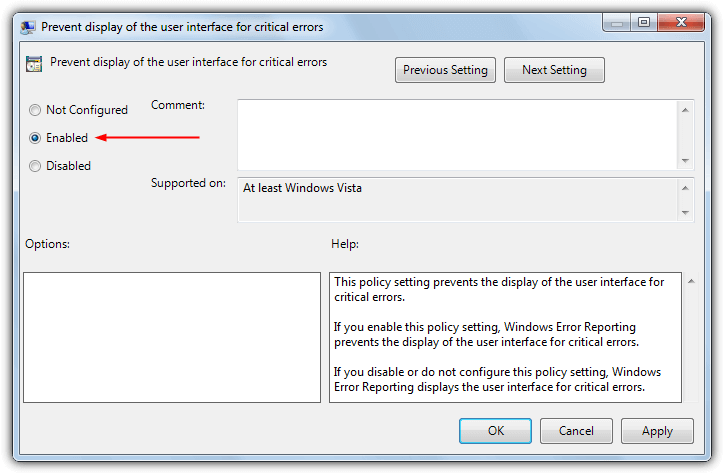In our increasingly digital world, the importance of fraud protection cannot be overstated. As technology advances, so too do the tactics of fraudsters, making it imperative for individuals and businesses alike to safeguard their financial and personal information. To secure your future and protect yourself from falling victim to fraud, it is crucial to discover the secrets of effective fraud protection. One of the fundamental principles of fraud protection is to stay informed and educated about the latest scams and tactics used by fraudsters. Knowledge is your first line of defense. Scammers are continually evolving their techniques, from phishing emails and fake websites to social engineering and identity theft. By staying updated on these threats, you can better recognize and avoid potential scams. Regularly reading up on fraud prevention tips and sharing this information with your friends and family can create a more vigilant and protected community.
Another key aspect of fraud protection is safeguarding your personal information. This includes keeping your financial records, identification documents, and passwords secure. Use strong, unique passwords for each of your online accounts and consider using a reputable password manager to help you keep track of them. Be cautious about sharing sensitive information online or over the phone, especially if you did not initiate the contact. Scammers often pose as legitimate organizations, so verify the identity of the person or entity requesting your information before sharing it. Monitoring your financial accounts and credit reports regularly is essential for fraud protection. Set up alerts for any suspicious activity on your accounts, such as large, unexpected transactions or changes to your personal information. Review your credit reports annually to check for any unauthorized accounts or inquiries. Early detection can help you respond promptly if you become a victim of fraud, minimizing potential damage to your finances and credit. In addition to these preventive measures, consider investing in identity theft protection services or insurance.

These services can provide an extra layer of security by monitoring your personal information across various platforms and alerting you to potential breaches click fraud protection. They may also offer assistance in recovering your identity and financial losses in the event of fraud. Lastly, fostering a healthy level of skepticism can be a powerful tool in fraud protection. If something seems too good to be true or feels suspicious, trust your instincts and take a cautious approach. Fraudsters often prey on emotions like fear, greed, or urgency to manipulate their victims, so taking a step back and questioning the situation can help you avoid falling into their traps. In conclusion, securing your future through effective fraud protection is an ongoing process that requires vigilance, education, and proactive measures. By staying informed, safeguarding your personal information, monitoring your financial accounts, considering identity theft protection services, and cultivating a healthy level of skepticism, you can significantly reduce your risk of falling victim to fraud.






